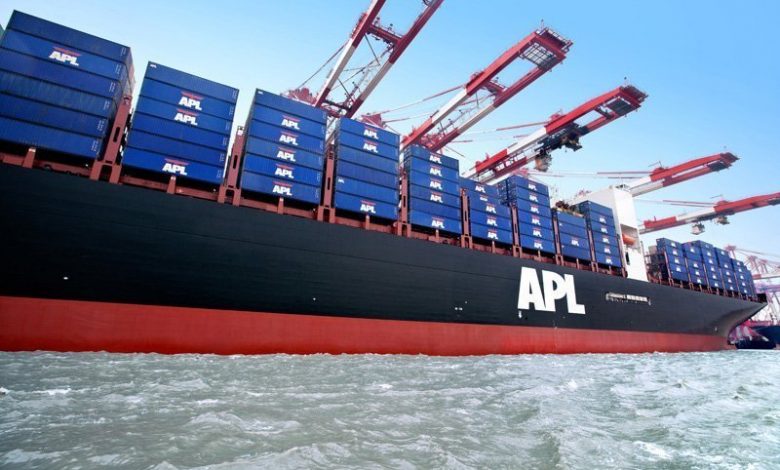Container shipping’s business model called into question

Container shipping’s business model was called into question today at the Asian Logistics and Maritime Conference in Hong Kong.
Chris Welsh, the secretary-general of the Global Shippers’ Forum (GSF), said: “A serious debate is needed to investigate whether mega-alliances such as 2M, G6, CKYHE and O3 deliver real competition in the marketplace, or if shippers and the container ship industry as a whole would be better served by fewer lines competing head-on.”
The UK national added: “Alliances need to become more integrated to up reliability. The business model is floored and needs to looking at.” Other speakers added that with mega mergers in the offing the alliances faced huge changes.
Joost Sitskoorn, a special envoy for the European Shippers’ Council, talked about the troubles the liner industry was facing, telling delegates: “You see a real nervousness about the reliability of the industry and the sustainability of the business model.”
Robert Van Trooijen, chief executive, North Asia of Maersk Line was the only shipowner on the stage during the shipper/liner session. He noted how industry demand growth is at its lowest since the financial crisis started.
Van Trooijen said the predictability of cargo flows is becoming more and more difficult and admitted abrupt adjustments of capacity in response to slumping demand is disrupting shippers.
“As an industry we are reacting to trends that we did not see coming,” he said, adding: “We are unable to manage the pricing process as an industry as best we could.”
All the speakers agreed it was best if lines and shippers signed more long-term index-linked contracts.
General rate increases (GRIs) were blasted by the shippers. GSF’s Welsh saying: “GRIs are so out of touch, completely false, they are just a try on.” Alan McTaggart, vice president, global logistics at power equipment manufacturerer Techtronic Industries agreed, saying: “Carriers do need to raise prices but I’m not sure carpet GRIs is the way to do it.”

Unfortunately, the problem is that the “mega” equation is fundamentally flawed. Mega-ships and mega-hubs are inherently inefficient absent unsustainable subsidies.
Relatively increased spending on higher cost hinterland and regional feeder services cannot be offset by economy of scale gains port-to-port between mega hubs.
Smaller direct pier-to-pier container shipping for near-coastal trades has more long-term promise.